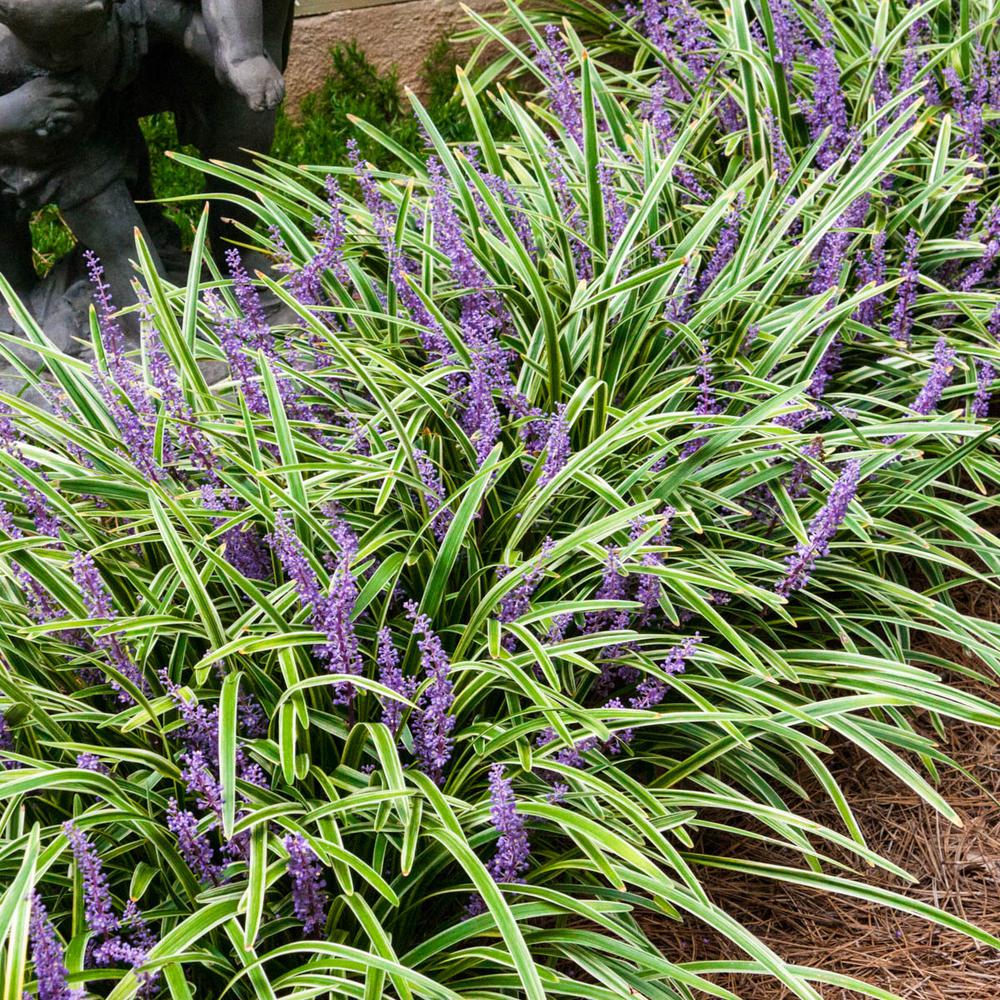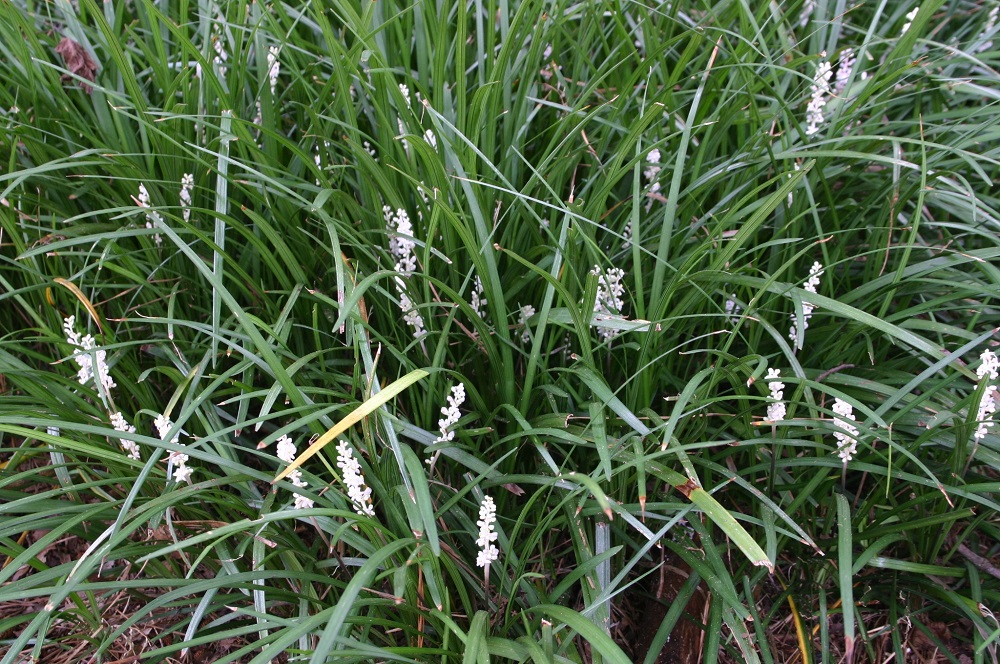Is Liriope Toxic To Dogs
Dogs are an important part of the family, and pet parents want to ensure that they are safe and healthy at all times. One of the common concerns that dog owners have is whether certain plants are toxic to their furry friends, and that includes liriope. In this article, we will explore whether liriope is toxic to dogs and what steps you can take to keep your pets safe.
Potential Risks of Liriope for Dogs
When it comes to liriope, there are differing opinions about whether it is toxic to dogs. While there is no conclusive evidence that liriope is poisonous to dogs, there are reports of dogs experiencing gastrointestinal upset after ingesting the plant. Some of the symptoms of liriope ingestion in dogs include vomiting, diarrhea, and loss of appetite. In severe cases, ingestion of liriope can lead to more serious symptoms such as lethargy and dehydration. It is important to keep in mind that each dog is different, and their reaction to liriope can vary.
Is Liriope Toxic to Dogs?
According to the American Society for the Prevention of Cruelty to Animals (ASPCA), liriope is not toxic to dogs. However, as mentioned earlier, ingestion of the plant can cause gastrointestinal upset in dogs. If you suspect that your dog has ingested liriope, it is important to monitor them closely and contact your veterinarian if they exhibit any concerning symptoms.
Summary of Main Points
Liriope is a popular plant in gardens and landscaping, but dog owners should be aware of the potential risks. While there is no conclusive evidence that liriope is toxic to dogs, ingestion of the plant can cause gastrointestinal upset in dogs. It is important to keep a close eye on your dog if they have ingested liriope, and contact your veterinarian if they exhibit any concerning symptoms.
Personal Experience with Liriope and Dogs
As a dog owner and gardener, I have had liriope in my yard for years without any issues. However, I always make sure to keep an eye on my dogs when they are in the yard, and I discourage them from eating any plants. I also make sure to keep the liriope trimmed to prevent it from becoming overgrown and tempting for my dogs to munch on.
How to Keep Your Dogs Safe around Liriope
While liriope is not toxic to dogs, it is still important to take steps to keep your pets safe. Here are some tips:
- Monitor your dogs when they are outside and discourage them from eating plants
- Trim liriope regularly to prevent it from becoming overgrown and tempting for your dogs to eat
- If you suspect that your dog has ingested liriope, monitor them closely and contact your veterinarian if they exhibit any concerning symptoms
What to Do if Your Dog Ingests Liriope
If you suspect that your dog has ingested liriope, it is important to monitor them closely and contact your veterinarian if they exhibit any concerning symptoms. The veterinarian may recommend bringing your dog in for an examination or inducing vomiting to remove any remaining plant material from their stomach.
Question and Answer
Q: Can liriope be toxic to other pets?
A: While liriope is not toxic to dogs, it is possible that other pets such as cats or rabbits may have a different reaction. It is always best to consult with your veterinarian if you suspect that your pet has ingested any toxic plants.
Q: Are there any other plants that I should be careful about with my dogs?
A: Yes, there are many plants that are toxic to dogs, including lilies, azaleas, and daffodils. It is important to research any plants before planting them in your garden or allowing your dog access to them.
Q: What should I do if my dog is exhibiting symptoms of plant ingestion?
A: Contact your veterinarian immediately if your dog is exhibiting symptoms of plant ingestion. They may recommend administering supportive care or bringing your dog in for an examination.
Q: Can liriope cause long-term damage to my dog's health?
A: Ingestion of liriope is typically not associated with long-term health effects in dogs. However, it is always best to consult with your veterinarian if you have concerns about your dog's health.
Conclusion
If you are a dog owner with liriope plants in your yard, it is important to be aware of the potential risks. While liriope is not toxic to dogs, ingestion of the plant can cause gastrointestinal upset. By taking steps to keep your dogs safe and monitoring them closely if they exhibit concerning symptoms, you can ensure that your furry friends stay healthy and happy.
Gallery
Spring Hill Nurseries Variegated Liriope Live Bareroot Perennial

Photo Credit by: bing.com / liriope variegated plants perennials perennial foliage ground muscari cover deer shrub monkey nurseries hill spring resistant grass garden groundcover bareroot
Liriope – Spreading Monkey Grass Vs Clumping Monkey Grass | Walter

Photo Credit by: bing.com / liriope spicata grass spreading clumping creeping walterreeves muscari gardener reeves georgia turf grow alchetron leei
Liriope For Sale Online | Perfect Plants Nursery | Variegated Liriope

Photo Credit by: bing.com /
Liriope – Spreading Monkey Grass Vs Clumping Monkey Grass | Walter
Photo Credit by: bing.com / liriope grass monkey clumping muscari vs spreading walterreeves choose board mondo
Egg And Death Journal: BOTANICAL NAME: Liriope Muscari COMMON NAME

Photo Credit by: bing.com / liriope variegated grass monkey muscari plant plants name botanical turf lilly variegata common shade ornamental sun grasses perennials low egg